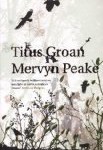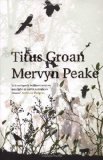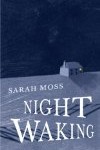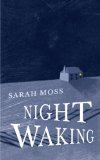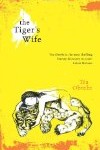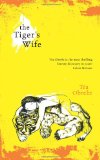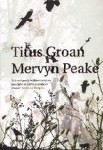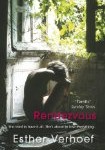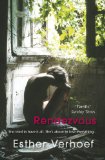Titus Groan
Dust and Ivy – Preparations for Arson (p101 – p194)
This week’s Gormenghast discussion is written by Helen Leech, a librarian from Surrey Library Service. This is my local library system so I was really pleased when Helen offered to write a post for this read-along. Librarians are wonderful!
I think the one sentence I would use to sum up this chunk of the book is “Steerpike positions himself”. He’s clearly up to no good. He’s plotting something, and he’s building up to it: weaselling and grovelling his way into the Prunesquallor’s house , polishing his deadly swordstick, mixing up all kinds of poisons, and planting seeds of bitterness and destruction in the ears of Cora and Clarice.
It’s a guilty confession, but I have to say that Steerpike is my favourite character. I’ve tried to work out why, and I think I might have him down as a working-class hero. Maybe Gormenghast is full of inbred weird aristocrats and their decaying servants, and Steerpike is the revolutionary force which is going to blast them away. I’ll reserve judgement, though, until later. Bad things are going to happen, and it’s clear Steerpike is going to be right at the centre of them.
Meanwhile, Gormenghast itself is emerging as the biggest presence in the book. It looms in every scene, providing the backdrop and atmosphere for each set piece: the clutter of Fuschia’s attics, the vaguely Georgian elegance of Prunesquallor’s house, or the bleak stone coldness of Sepulchrave’s library. Even when Keda leaves, the castle looms and dominates her village. I’ve never seen Edinburgh castle without thinking of Gormenghast.

And the scene where Keda goes home made a big impression on me too… it seems to me that the only place where there’s any life, any vigour and growth and love, is in the village and the carvings of the mud-dwellers. Whatever love is in the castle is warped and puny. But the villager’s lives are overshadowed by impending age and death, in much the same way that the village is overshadowed by Gormenghast.
Here’s some questions for you:
Why does Steerpike pretend to be unconscious when he meets Fuschia?
Why doesn’t Prunesquallor see right through Steerpike?
Do you think Peake identifies with any one of his characters?
A big thank you to Helen Leech for writing this post!
Please let me know if you’d like to write something for a week in this read-along.
